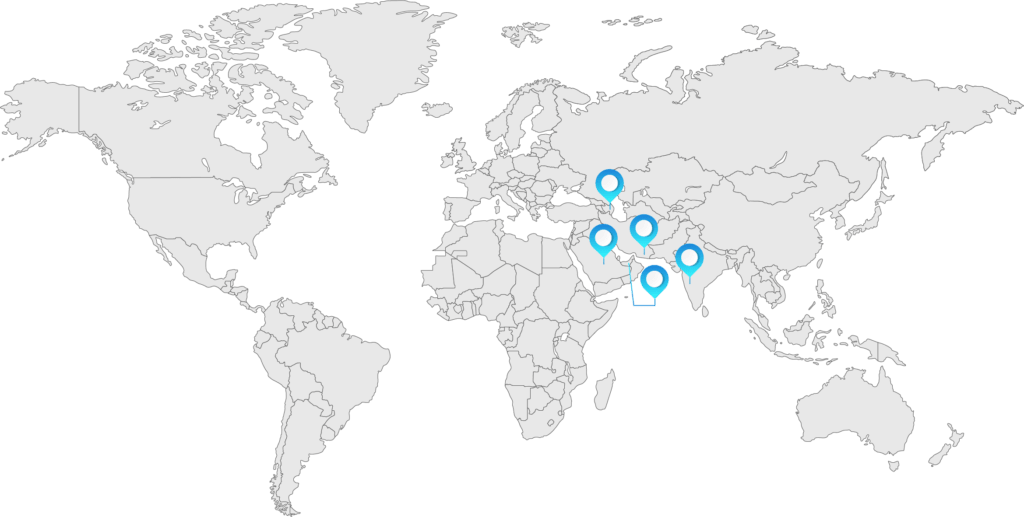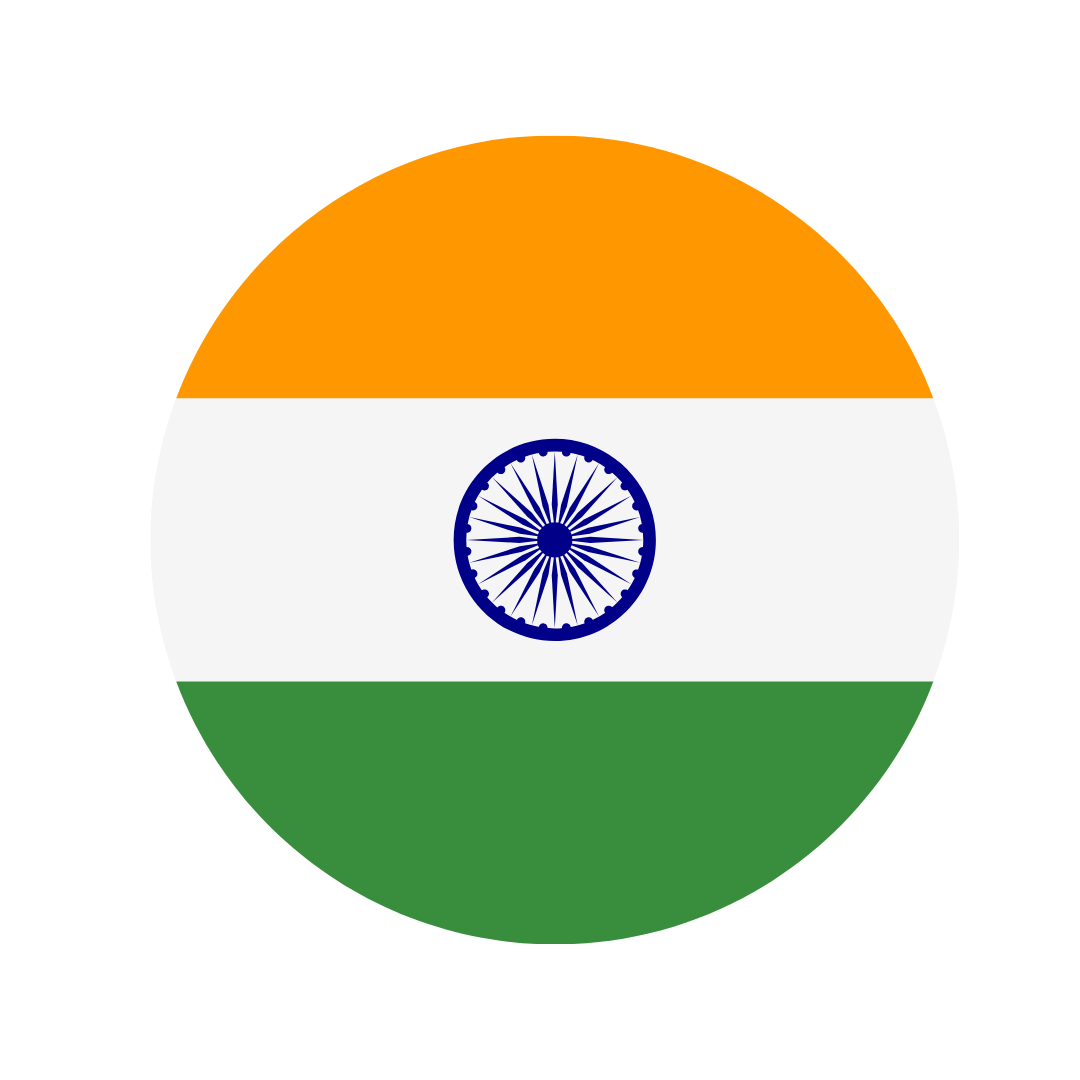Healthcare is one of the fastest-growing industries worldwide, providing diverse, rewarding career opportunities. With advances in technology and changing global health needs, students and professionals are increasingly seeking healthcare courses that combine traditional skills with cutting-edge knowledge. This guide explains the top healthcare courses in 2025, who they are for, career prospects, and tips for selecting the best program for your future.
Why Choose a Career in Healthcare?
Healthcare careers remain recession-proof and offer the unique advantage of making a positive difference in people’s lives. India’s 2025 Healthcare Summit highlighted not just classic paths like medicine and nursing, but also technology-driven and interdisciplinary roles now in high demand.
Healthcare careers remain recession-proof and offer the unique advantage of making a positive difference in people’s lives. India’s 2025 Healthcare Summit highlighted not just classic paths like medicine and nursing, but also technology-driven and interdisciplinary roles now in high demand.
Healthcare careers remain recession-proof and offer the unique advantage of making a positive difference in people’s lives. India’s 2025 Healthcare Summit highlighted not just classic paths like medicine and nursing, but also technology-driven and interdisciplinary roles now in high demand
Top Healthcare Courses in 2025
Course | Duration | Key Focus | Suitable For | Career Prospects |
MBBS (Bachelor of Medicine & Surgery) | 5.5 years | Clinical Medicine | Aspiring Doctors | Hospitals, Clinics, Global Health |
BDS (Dental Surgery) | 5 years | Dentistry | Dental Careers | Dentists, Clinics |
BSc/MSc Nursing | 3-4 years | Nursing & Patient Care | Wanting Clinical, Community Roles | Hospitals, Community Care, Digital Nursing |
Bachelor of Pharmacy (B.Pharm) | 4 years | Pharmaceuticals | R&D, Hospital Pharmacies | Pharma Industry, Research, Hospitals |
Bachelor of Physiotherapy (BPT) | 4.5 years | Physical Therapy | Rehab/Wellness Focused | Hospitals, Sports, Clinics |
BSc in Health Science & Allied Health | 3 years | Diagnostics, Health Tech | Diagnostic Careers & Medical Labs | Diagnostic Labs, Radiology, Tech Startups |
BTech in Biotechnology/Health Informatics | 4 years | Tech & Data | Tech-driven Students | Hospitals, Research, AI Health Startups |
Medical Coding & Administration | 6-12 months | Medical Records, Admin | Healthcare Admin | Hospitals, Insurance, Outsourcing |
Specialized Diplomas (Dietetics, Medical Imaging, Emergency Care, etc.) | 1-2 years | Specializations | Skill Upgradation | Niche Roles in Labs, Imaging, Ambulances |
Emerging Specializations:
- AI in Healthcare
- Digital Nursing & Telemedicine
- Biotechnology
- Health Science with Precision Medicine
How to Choose the Right Healthcare Course
- Assess Your Interests: Do you prefer patient-facing roles (MBBS, Nursing) or technical/research roles (Biotech, Health Informatics)?
- Career Scope: Consider both current demand and future trends, such as the increasing role of technology and automation in hospitals.
- Accreditation & Recognition: Select courses recognized by relevant councils (MCI for MBBS, INC for Nursing, PCI for Pharmacy).
- Program Infrastructure: Opt for institutions that offer hands-on training, laboratories, and access to industry internships.
- Global Opportunities: Some programs, like those in digital health or biotechnology, offer strong international prospects.
- NEET/Entrance: For some paths, such as MBBS, you must clear national entrance exams; other healthcare programs have alternative admission routes.
Where to Study Healthcare Courses Online
- Coursera: Offers programs in healthcare ethics, pharmaceuticals, operations management, and healthcare admin.
- Udemy: Wide array covering nursing, nutrition, first aid, medical coding, and more.
- University Programs: Leading institutions like MSRUAS, UPES, and others are adapting curricula for AI, smart infrastructure & global innovation.
Career Opportunities After Healthcare Courses
- Hospitals and Healthcare Chains
- Clinical Research and Diagnostics
- Digital Health and Health-Tech Startups
- Public Health Organizations
- Pharmaceutical Industry
- Medical Administration & Health Insurance
India alone needs over 100,000 new professionals to meet healthcare demand. Beyond hospitals, opportunities are significant in medical technology, biotech R&D, health policy, and global health consulting
Conclusion
The healthcare industry offers endless opportunities—whether you want to treat patients, develop cutting-edge drugs, or work with AI in medicine. Choose a course that aligns with your passion and future trends to build a successful and meaningful career. To get started on your journey, connect with trusted study abroad consultants in Kerala today for expert guidance, university selection, and hassle-free admissions support.
Frequently Asked Questions
The top healthcare courses with strong career prospects include:
MBBS for aspiring doctors
B.Sc Nursing for patient care roles
B.Tech in Health Informatics for tech-savvy students
Pharm.D for pharmaceutical careers
BPT for rehabilitation specialists
aluable 6-month certifications include:
✓ Medical Coding and Billing
✓ ECG Technician Training
✓ Certified Nursing Assistant (CNA)
✓ Emergency Medical Technician (EMT)
These provide quick entry into the healthcare sector with practical skills employers need.
he most lucrative healthcare degrees are:
MD in specialized fields (Cardiology, Neurology)
Master of Hospital Administration (MHA)
Pharm.D with clinical research focus
B.Tech in Biomedical Engineering
Salaries vary by experience, location, and sector (private vs government).
Yes, many rewarding options don't require NEET:
• B.Sc Nursing
• B.Pharm
• Physiotherapy (BPT)
• Medical Lab Technology
• Health Informatics programs
These have separate entrance exams or merit-based admissions
Tech-focused healthcare programs include:
→ B.Tech in Health Informatics
→ Biomedical Engineering
→ AI in Healthcare certifications
→ Medical Imaging Technology
→ Healthcare Data Analytics courses
These combine medical knowledge with digital skills.
More accessible healthcare programs include:
Diploma in Nursing (ANM/GNM)
Medical Laboratory Technician
Ophthalmic Assistant
Hospital Administration diplomas
These typically have fewer entry barriers while offering good career paths.
Globally recognized qualifications:
• B.Sc Nursing (with NCLEX for US)
• MBBS (with PLAB/USMLE)
• Physiotherapy (for UK/Australia)
• Medical Coding (US opportunities)
• Public Health degrees
Rapidly expanding healthcare roles:
✔ Telemedicine Specialists
✔ Genetic Counselors
✔ AI Healthcare Developers
✔ Geriatric Care Managers
✔ Clinical Research Coordinators
These address emerging healthcare needs and technologies.
Fast-track options (6-12 months):
Certified Phlebotomy Technician
Medical Billing Specialist
Patient Care Technician
Dialysis Technician
These provide essential skills for immediate employment.







